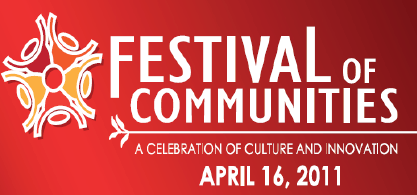Location
University of Nevada, Las Vegas
Start Date
16-4-2011 2:00 PM
End Date
16-4-2011 3:30 PM
Description
As medical advances continue to be made, there has yet to be an effectively consistent cure to the commonly known condition, Autism. Some researchers and physicians state that by using chelation therapy, it could help cure mercury poisoning in autistic individuals who were affected by vaccines or other sources. Because of the lack of research and knowledge of chelation therapy, there has been some controversy as to the ethics of providing chelation therapy to autistic children. The families that are put through these trials are faced with high costs, and no guarantee that their child could be cured. But to some families, a little hope is better than none when thinking about the future of their child. Other families refuse to put their child through the therapy due to the effects it could have upon their child, and continue to wait for further advances in medicine.
Keywords
Autistic children; Autism – Treatment; Chelation therapy
Disciplines
Alternative and Complementary Medicine | Biochemical Phenomena, Metabolism, and Nutrition | Pediatrics | Rehabilitation and Therapy | Therapeutics
Language
English
Included in
Alternative and Complementary Medicine Commons, Biochemical Phenomena, Metabolism, and Nutrition Commons, Pediatrics Commons, Rehabilitation and Therapy Commons, Therapeutics Commons
Chelation therapy as a treatment for Autism
University of Nevada, Las Vegas
As medical advances continue to be made, there has yet to be an effectively consistent cure to the commonly known condition, Autism. Some researchers and physicians state that by using chelation therapy, it could help cure mercury poisoning in autistic individuals who were affected by vaccines or other sources. Because of the lack of research and knowledge of chelation therapy, there has been some controversy as to the ethics of providing chelation therapy to autistic children. The families that are put through these trials are faced with high costs, and no guarantee that their child could be cured. But to some families, a little hope is better than none when thinking about the future of their child. Other families refuse to put their child through the therapy due to the effects it could have upon their child, and continue to wait for further advances in medicine.
